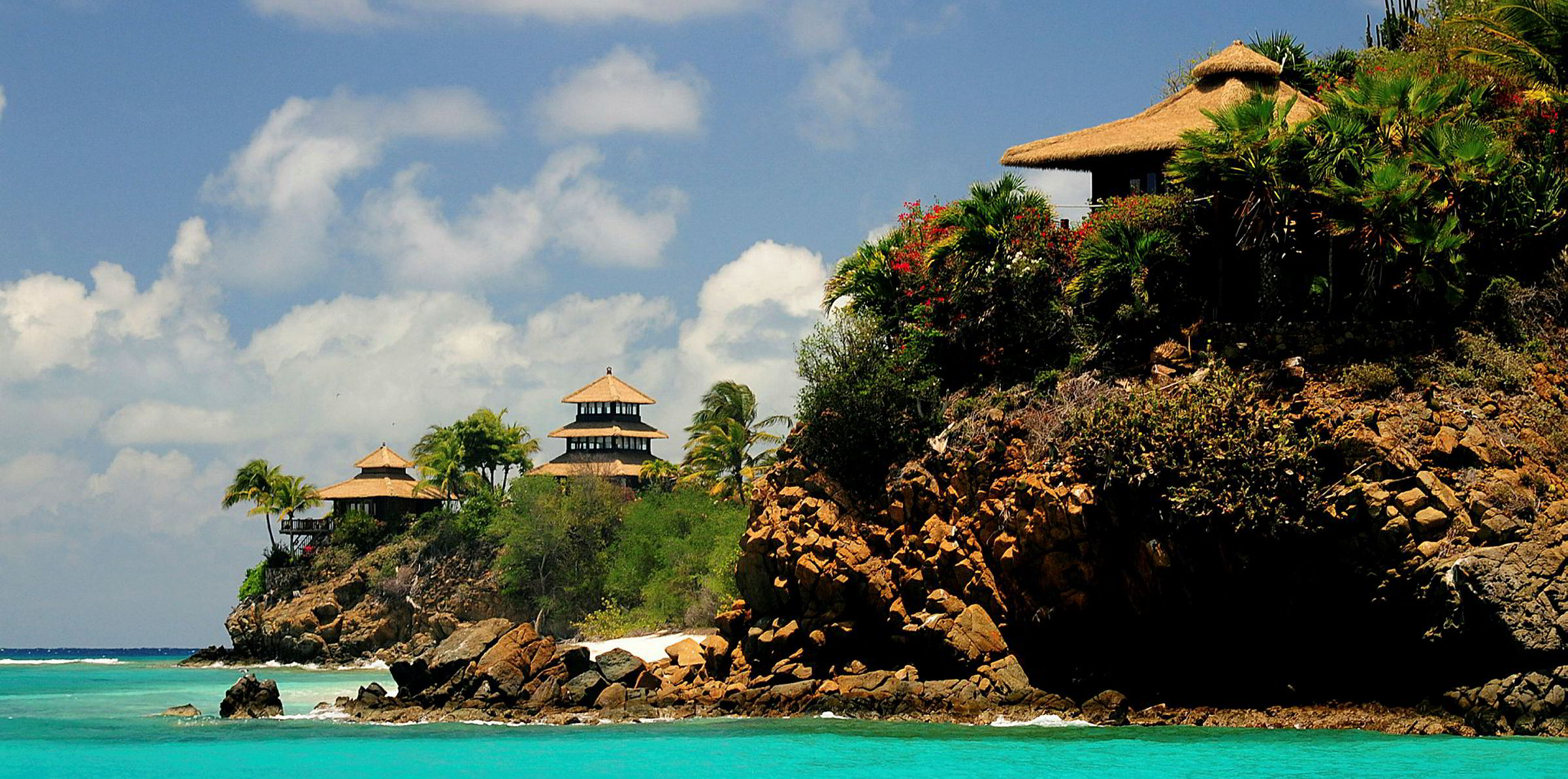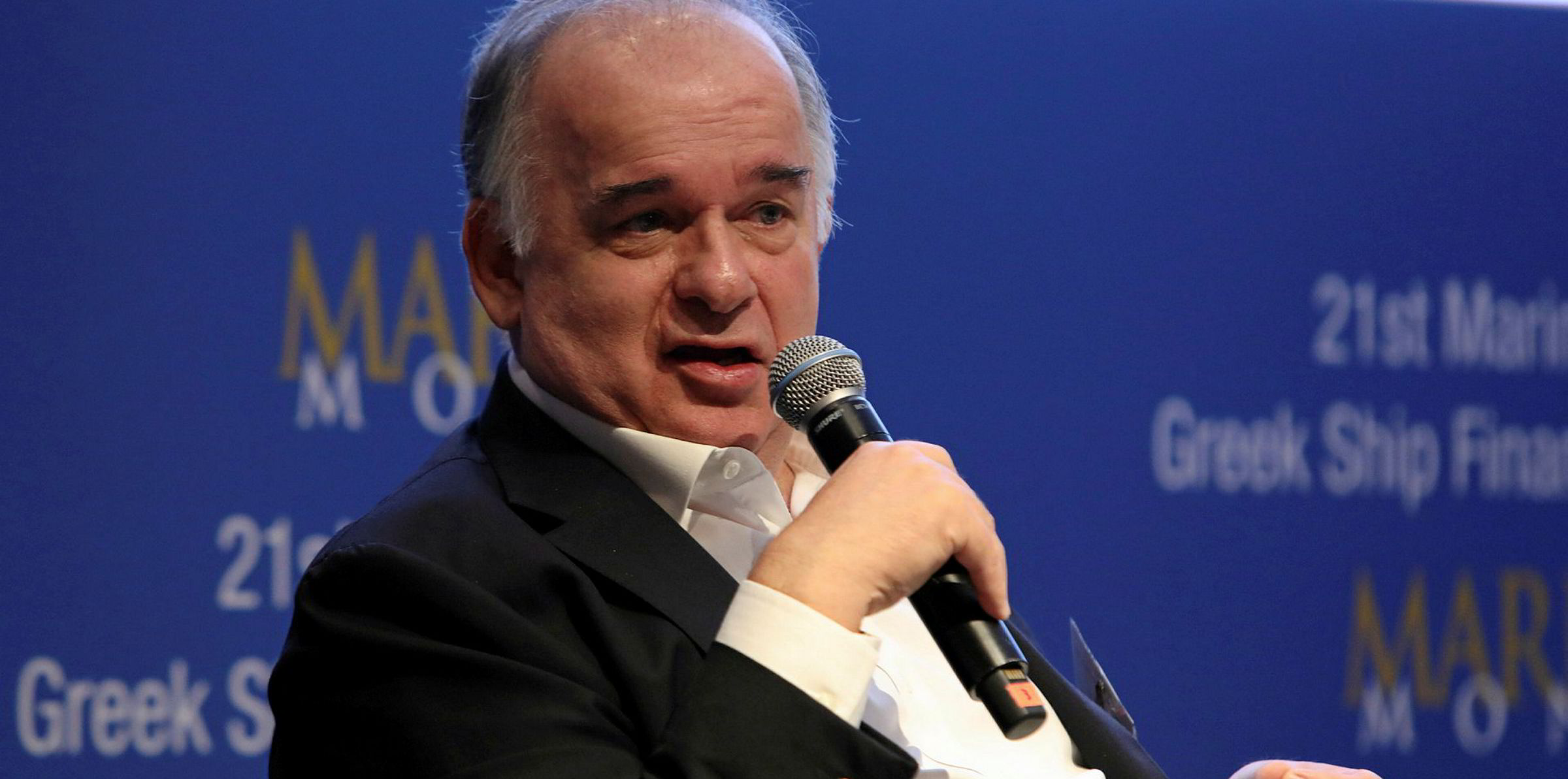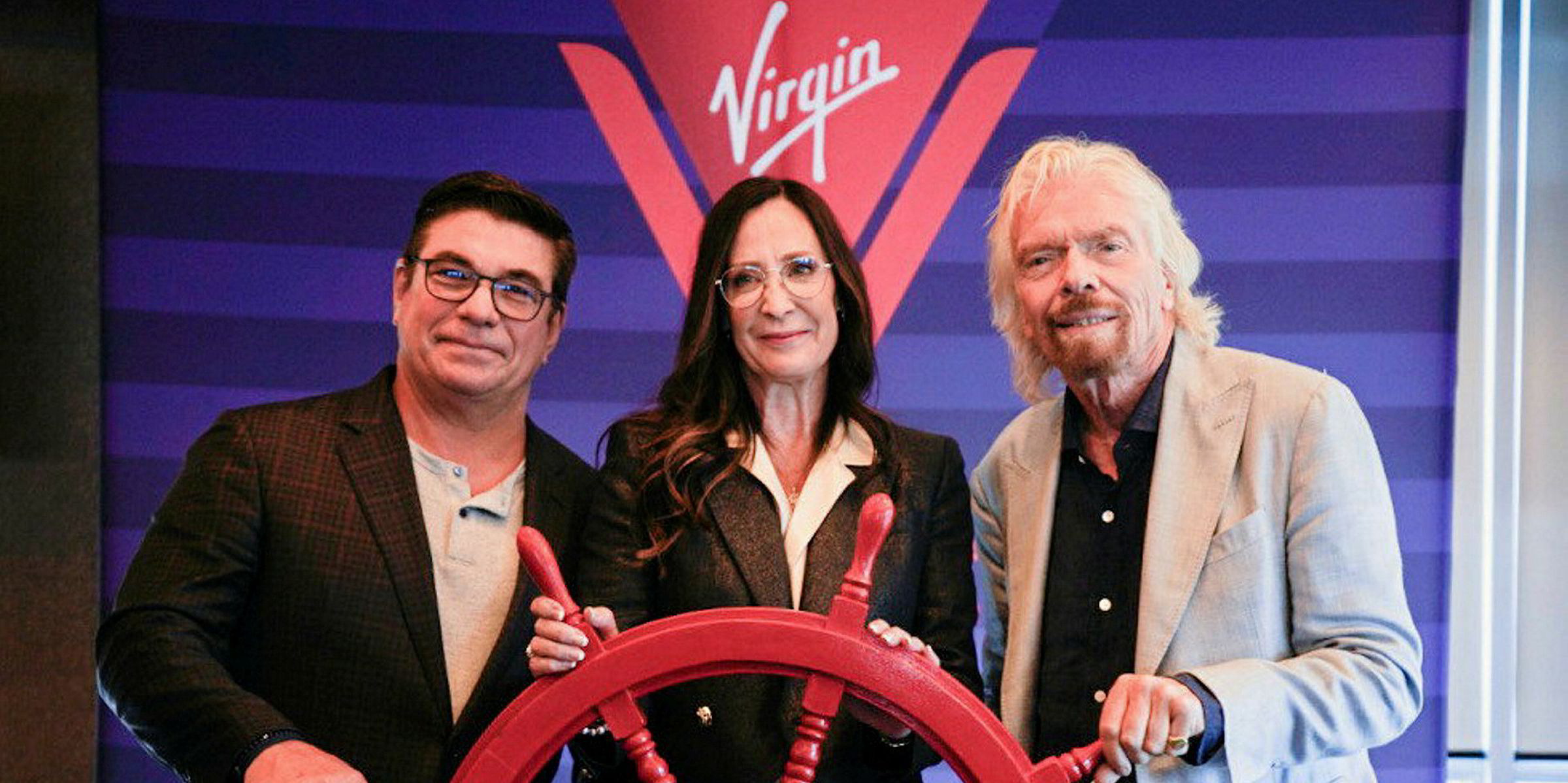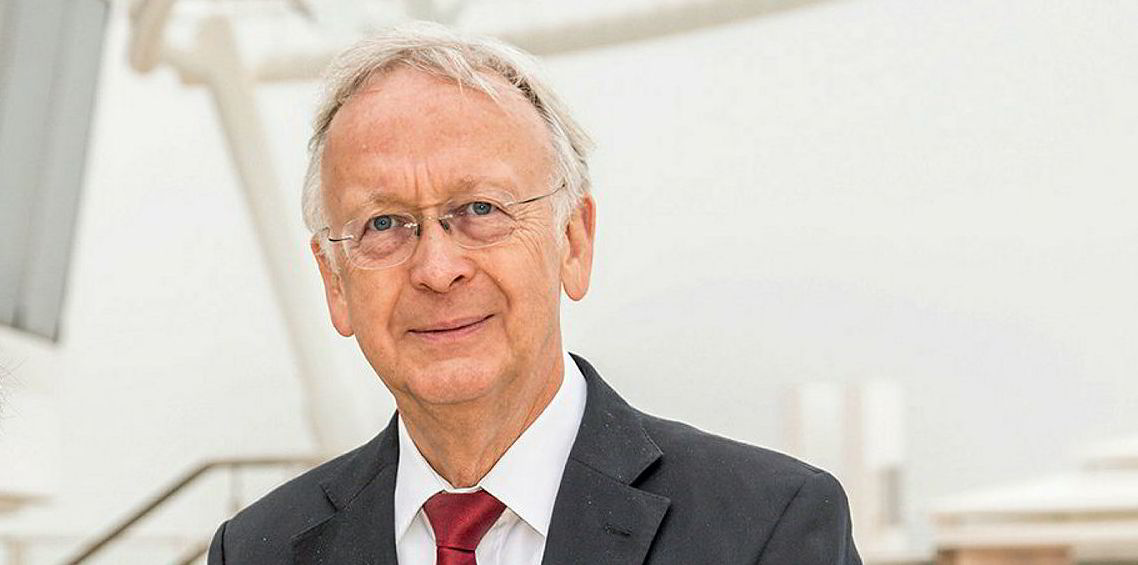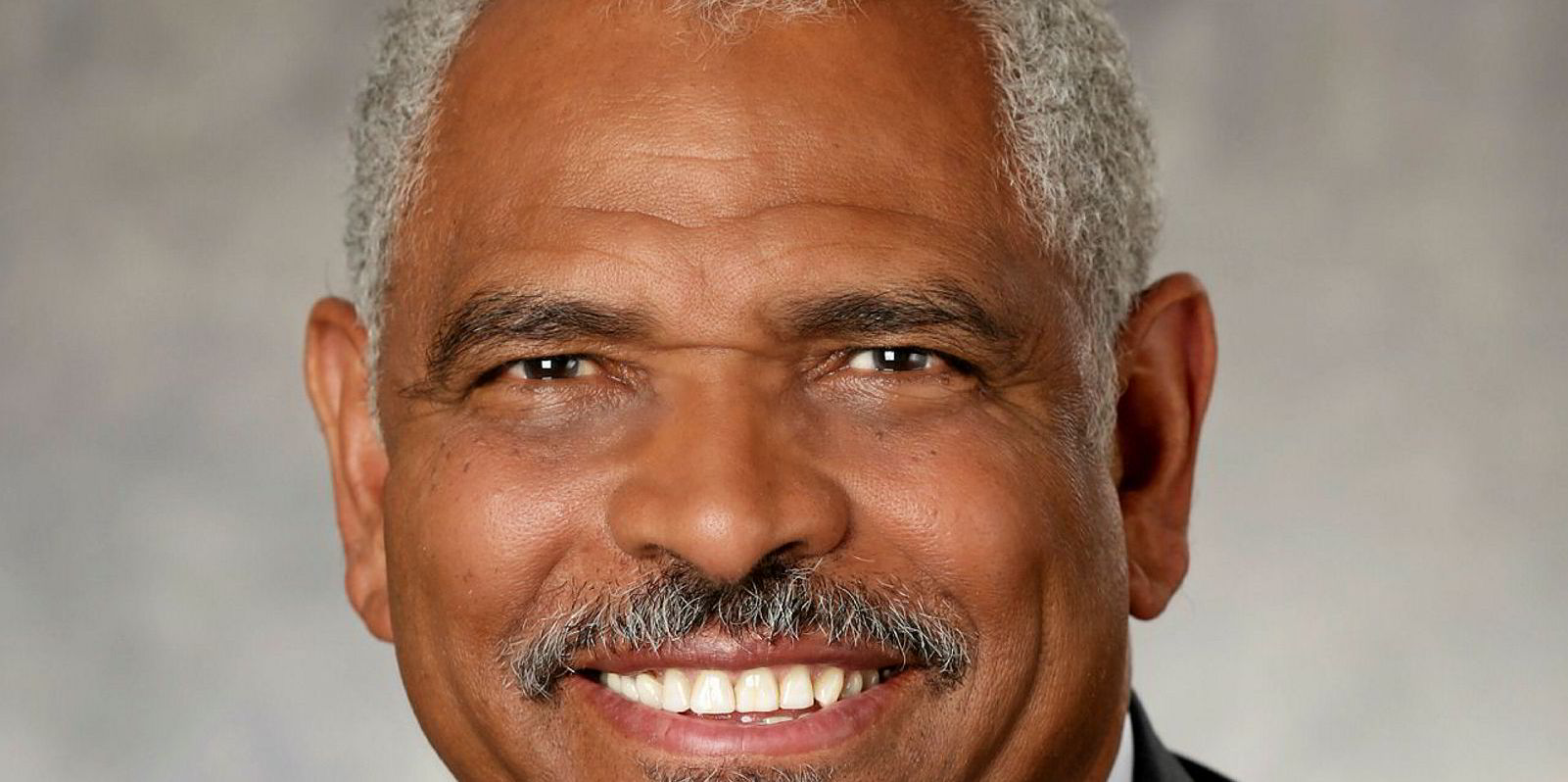Sir Richard Branson's plan to sell $500m worth of shares in his Virgin Galactic space project has brought the ebullient billionaire back to earth. The British knight’s business empire has been hit at hurricane force on all fronts by Covid-19 — not least his now-grounded Virgin Atlantic airline.
But he must be particularly frustrated that his newest venture — the Virgin Voyages cruise operation — was just getting started as the pandemic swept the world.
The first of his ships, the Scarlet Lady — with its Mega RockStar Suites and its Razzle Dazzle cocktail bar — was forced to join the bulk of the world’s cruise fleet that is now tied up in port or floating idly off a coast somewhere.
Desperate times
These are desperate days for the wider cruise sector, which had been on such a positive roll for so long with growing annual passenger volumes.
It is also tough for the shipbuilders, such as Fincantieri, that have done so well out of a previously booming industry.
Last week, Norwegian Cruise Line, one of the three industry giants, warned in a New York stock-market filing that there was “substantial doubt about the company’s ability to continue as a going concern”.
The Miami-based but Bermuda-registered business raised $2.2bn through a mixture of debt and equity, even as its shares have tumbled by 80% over the year to date.
Royal Caribbean Cruises has also been raising money, but said last week that it had now $2.3bn worth of cash reserves to keep it going.
Carnival Cruises, the largest of the three, took out a $3bn loan in March to see it through the next six months.
These outfits have nearly 200 ships between them and they have laid off or furloughed thousands of their staff as they wait anxiously for a chance to start work again. Royal Caribbean has actually laid off a quarter of all staff.
Coronavirus claims
And, in addition to the lost operating profits, there are a likely slew of lawsuits from passengers infected onboard ships, such as the 107,500-gt Grand Princess (built 1998).
There has certainly been a major hit to the “glamorous” image of cruising, with critics describing cruise vessels as a floating “petri dish” for infection.
Clearly the close proximity of passengers and their perceived greater chance of illness (due to their over-70s age profile) make this a vulnerable industry.
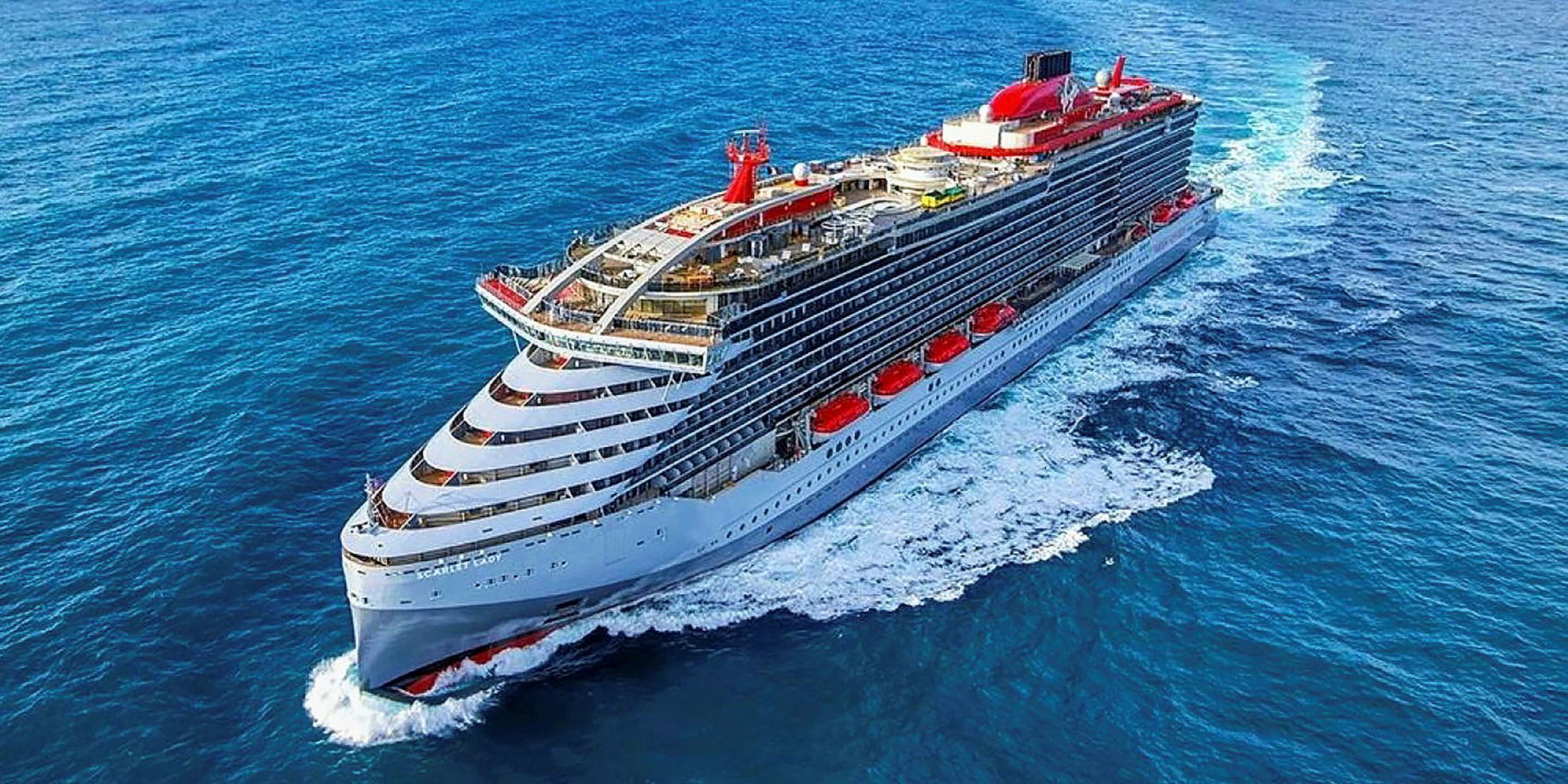
The powerful US health regulator, the Centers for Disease Control and Prevention (CDC), has extended a “No Sail Order” for cruiseships until 24 July.
Carnival now says it hopes to bring eight vessels back into operation on 1 August but warned this week that there could be no guarantee on this.
The cruise operator dismissed reports as “unreliable” from a Florida-based travel advisor of a 600% increase in Carnival bookings across three days.
Profit write-off
Robin Farley, a cruise analyst at investment bank UBS, said it expects this year to be pretty much a write-off for profits.
But Farley predicted that three quarters of the world’s cruise fleet would be back in action next year, rising to 80% by 2022. The price of tickets is another issue altogether.
All of the big cruiseship operators — and Branson, at least for his airline — have been looking for state aid to help tackle their financial problems.
The British knight has run into considerable public opposition on the grounds that he is registered abroad in the British Virgin Islands for tax reasons.
The big three cruise operators have reportedly been refused federal aid in the US on the grounds they or their fleet are registered abroad.
Governments in Denmark and Poland have also said they will not provide financial support to any businesses registered in offshore tax havens.
Use of foreign flags and registrations is common practice across the maritime industry but will this state aid issue cause a rethink?
Branson has since promised in a blog post to mortgage his private Necker Island, to “save as many jobs as possible”.
Presumably this is — to him — like selling the family silver, but it will only be enough if he can get his aircraft and cruiseship back in action soon.
Cruise shipping will not disappear: more than 30 million people enjoyed these floating holidays in 2019.
But even eternal optimists such as Branson cannot predict exactly when the past industry’s phenomenal growth track will be restored.
